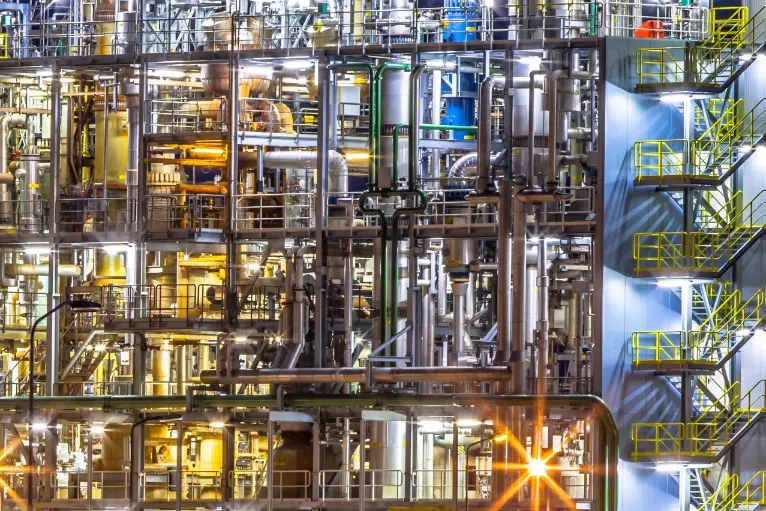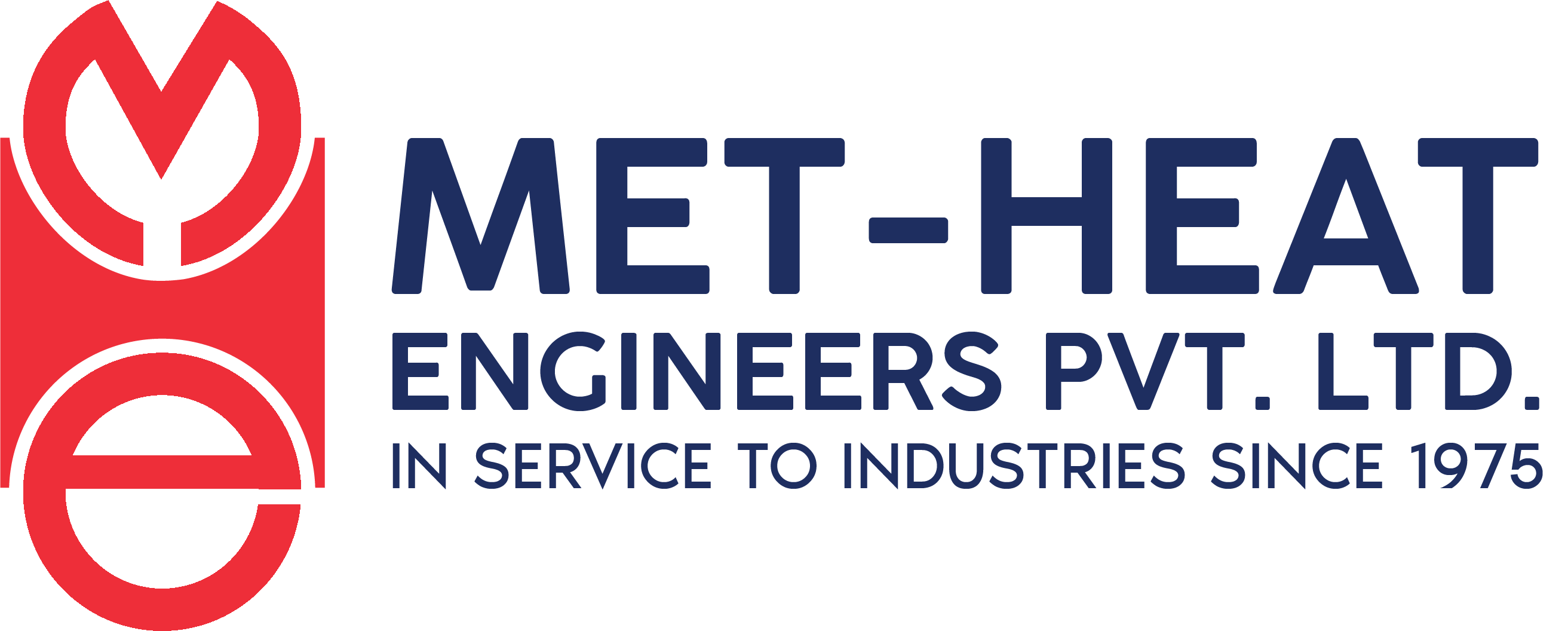Residual Life Assessment Study



At Met-Heat Engineers Pvt. Ltd., we specialize in delivering comprehensive services that involve the analysis of various metal components, with a focus on their properties and quality. Our Residual Life Assessment Study is one of our key offerings, providing a detailed examination to determine the remaining useful life of metal structures and equipment. To carry out this study, our team of experienced metallurgists and technicians utilizes state-of-the-art testing equipment and methodologies. Through these advanced techniques, we are able to assess the structural integrity, corrosion resistance, and fatigue life of metals. By conducting thorough analyses and evaluations, we can accurately predict the longevity of metal assets. This empowers our clients to make informed decisions regarding the maintenance, repair, or replacement of their metal assets. When it comes to reliable and precise Residual Life Assessment Studies, trust Met-Heat to ensure the safety and efficiency of your metal assets.
Our approach to Residual Life Assessment Study include:
We follow a meticulous path for your failure investigation needs. The tests depend on the failure mode and material along with any other requirements by the client. An evaluation sequence of the process are summarised as follows:
Assessing the current condition of the asset through inspections, tests, and analysis. This involves examining factors such as material degradation, wear and tear, corrosion, and mechanical integrity.
Using data from the condition evaluation to create predictive models. These models incorporate factors like operating conditions, historical performance, and environmental influences to forecast the remaining useful life of the asset.
Evaluating potential risks associated with continued operation of the asset until its estimated end of life. This involves considering safety, reliability, and economic factors.
Providing recommendations based on the findings of the study. This may include maintenance strategies, repair or replacement schedules, operational adjustments, or upgrades to extend the asset's life.
Documenting all findings, calculations, assumptions, and recommendations in a comprehensive report. This report serves as a guide for stakeholders involved in asset management and decision-making.
Optimizing Asset Lifecycle Through RLA
Residual Life Assessment Study (RLA Study) is a systematic evaluation conducted to estimate the remaining useful life of an asset or component. This assessment is typically used for critical machinery, equipment, or structures in various industries such as manufacturing, power generation, oil and gas, and aerospace.
Overall, a Residual Life Assessment Study aims to optimize the lifecycle management of assets, ensuring safety, reliability, and cost-effectiveness throughout their operational lifespan. It helps organizations plan maintenance activities, allocate resources efficiently, and minimize downtime due to unexpected failures.
